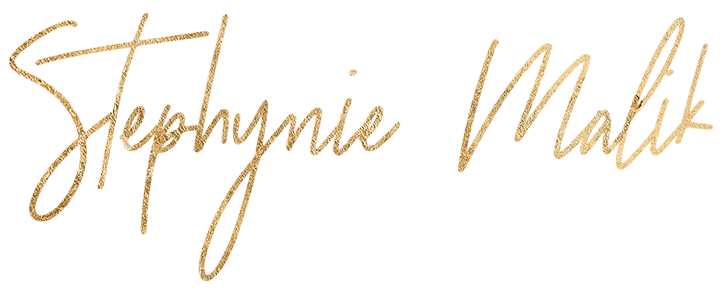How To Really Sustain Focus, According To One Japanese Martial Arts Method
Recently, I read another article about the advent of digital natives — those under the age of 10 who were born after the invention of the iPhone — and their ability to multitask and sustain it. While this newfound ability to sustain concentration across multiple inputs sounds enticing (and certainly real), I wonder about its effects over the longer term on developing leaders sustaining goals and vision over longer periods of time.
Carving out a vision and strategy takes effort, persistence and, in a nutshell, work. It requires sustained concentration in a direction that for the most part others around you might not even see. More and more in today’s modern business world, I see executives who feel the need to “get away” or go into deep retreat to evolve their next plan. But the reality is this type of exercise, while valuable, is not available to everyone. Life cannot always stop while you spend time in the mountains, by the ocean, or simply walking or sitting quietly, regaining the ability to concentrate and focus long enough to evolve the next steps.
The reality is the ability to develop and manifest sustained concentration on demand is a skill set that has proven invaluable to leaders over the centuries and one that will never go away. In the practice of martial arts, this development of focused concentration is referred to as Zanshin.
Many business leaders and thinkers have used martial arts references to help identify, describe and evolve coherent, competitive strategies. Ultimately, your primary combatant or enemy is yourself, or more specifically, your underdeveloped, less-skillful and, in some cases, weaker self. Understanding the value of something like Zanshin is a perfect example of how a deeper understanding of the practices involved in martial arts can help us no matter what we do.
Zanshin or “continuing mind” is a state of continuing awareness. It's being present without being stuck and being open without being vague. In martial arts training, if a practitioner becomes distracted by what they see or hear, or their thoughts or feelings, the consequences are experienced immediately. This type of pressure applied slowly over time helps develop an ability to sustain an open focus with a deep concentration, and typically, this development carries over into other aspects of life.
In business, the development of Zanshin is fundamental to success in developing a strategy and executing longer-term plans. We must have the ability to identify our goals and the steps to achieve them and stay focused on our path, not reacting like dogs would to a squirrel every time a distracting force presents itself. And yet, we must also sustain an openness to threats and opportunity, to course correct and shift tactically as needed. This kind of focused vision takes practice and skillful means to develop it as a strength over time. It requires applied pressure, and ideally, a teacher, mentor or coach who knows what they are doing.
If you want to work on Zanshin yourself, place yourself in situations where the intended outcome is a positive one, but where the given circumstances are difficult or uncomfortable for you, and watch what happens to your mind. Maybe it’s a meeting you’ve been dreading or a class that sounds extraordinarily dull, but you know you will benefit from the education in the long run. A beginner’s mindset will avoid these types of situations altogether, but if you have begun to develop some tools to keep yourself focused on your longer-term intent, you can step into the opportunity to see what happens.
But once you do, know that you will be confronted with all sorts of opportunities to avoid doing what you came to do. In these cases, your own internal landscape of thoughts and feelings is not always your best ally. Many times, we sabotage ourselves with a barrage of seemingly carefully reasoned thoughts that give us permission to avoid or leave these situations altogether.
All you can really do if you want to achieve a goal is try to stay open without reacting to whatever pops up, so you learn to focus on what you came to do and let the other stuff drift by without latching on. It’s not always easy, but the reward is you creating a strength that will eventually allow you to achieve bigger, longer-term, strategy-oriented goals. That's because you’ve conditioned your mind to stay focused and clear and let the other stuff go.
Learning to multitask effectively is vital, and learning to be highly responsive digitally is a must. But let’s make sure we also pay attention to aspects of our internal development that have been handed down through generations and proven to be invaluable over time. One aspect of wisdom is the ability to manifest sustained concentration and focus, even within the noise of a crowd or another beep or buzz from our phone. Zanshin is a valuable skill and one we can all start developing today.

